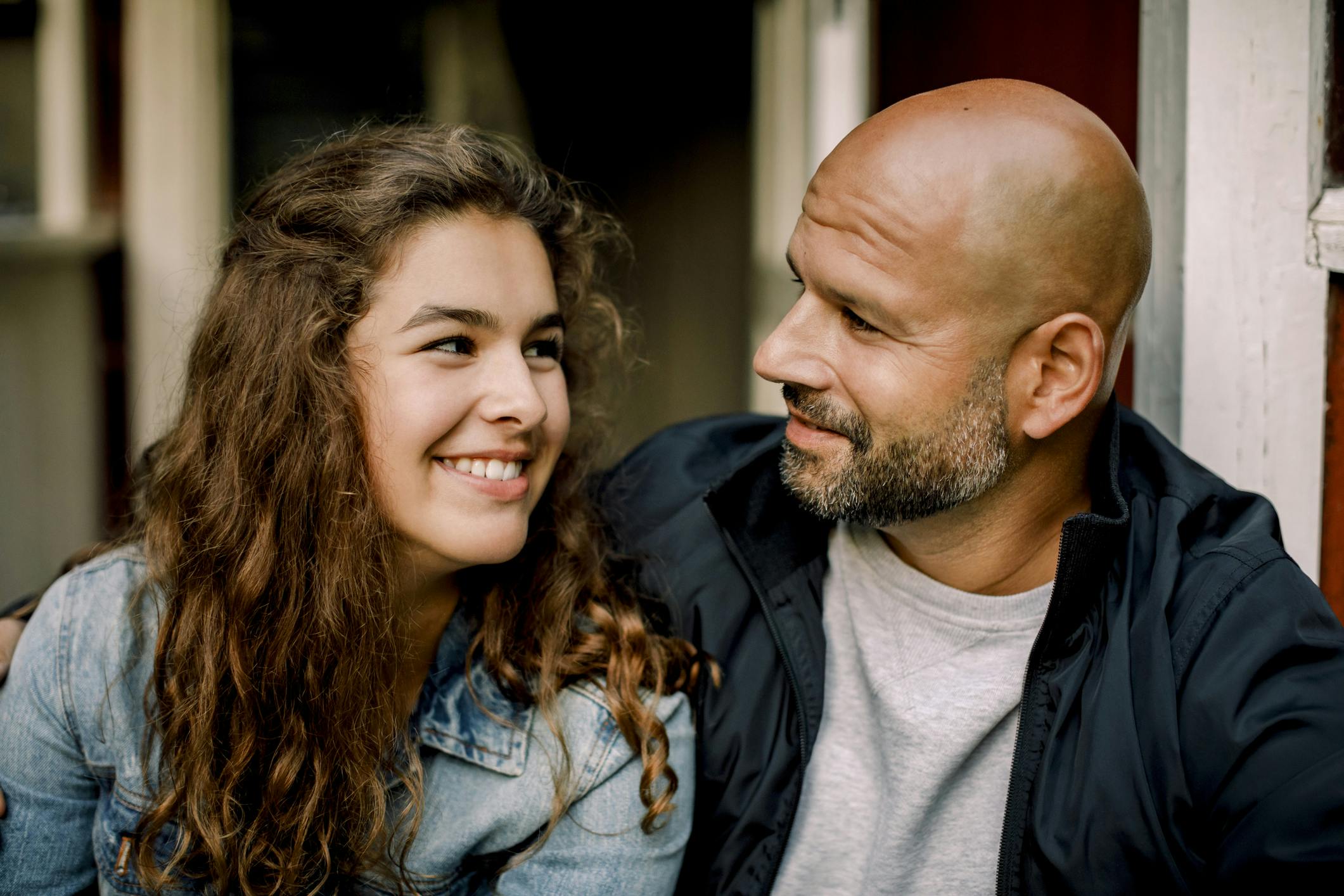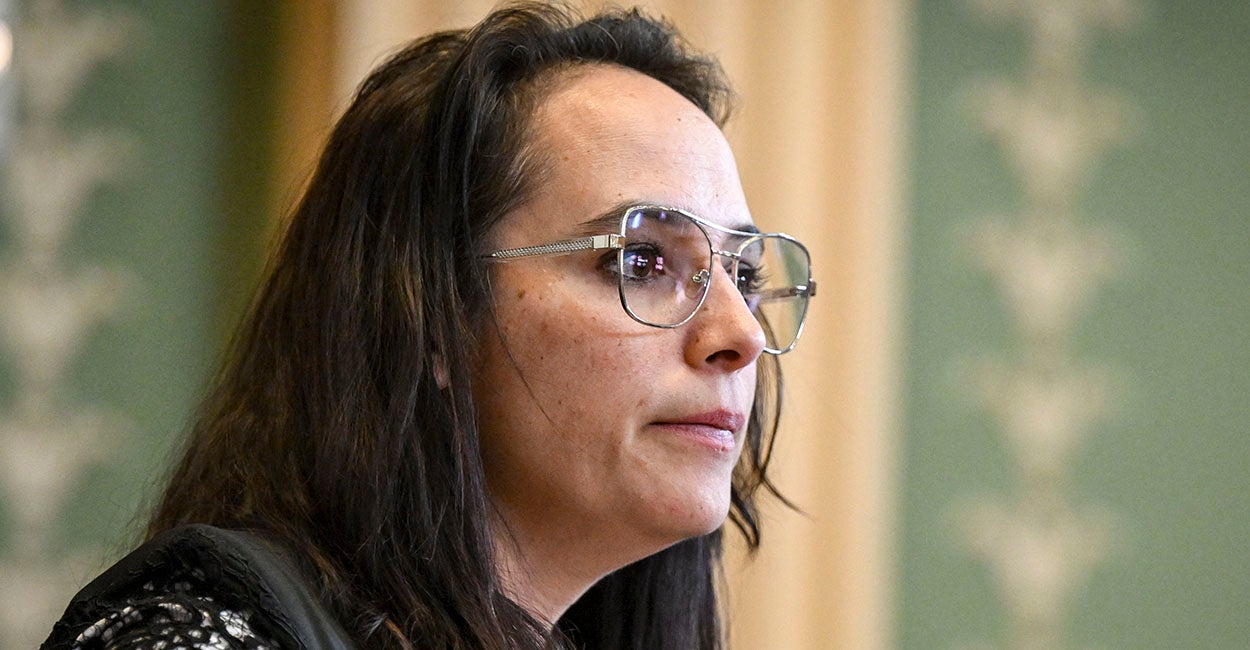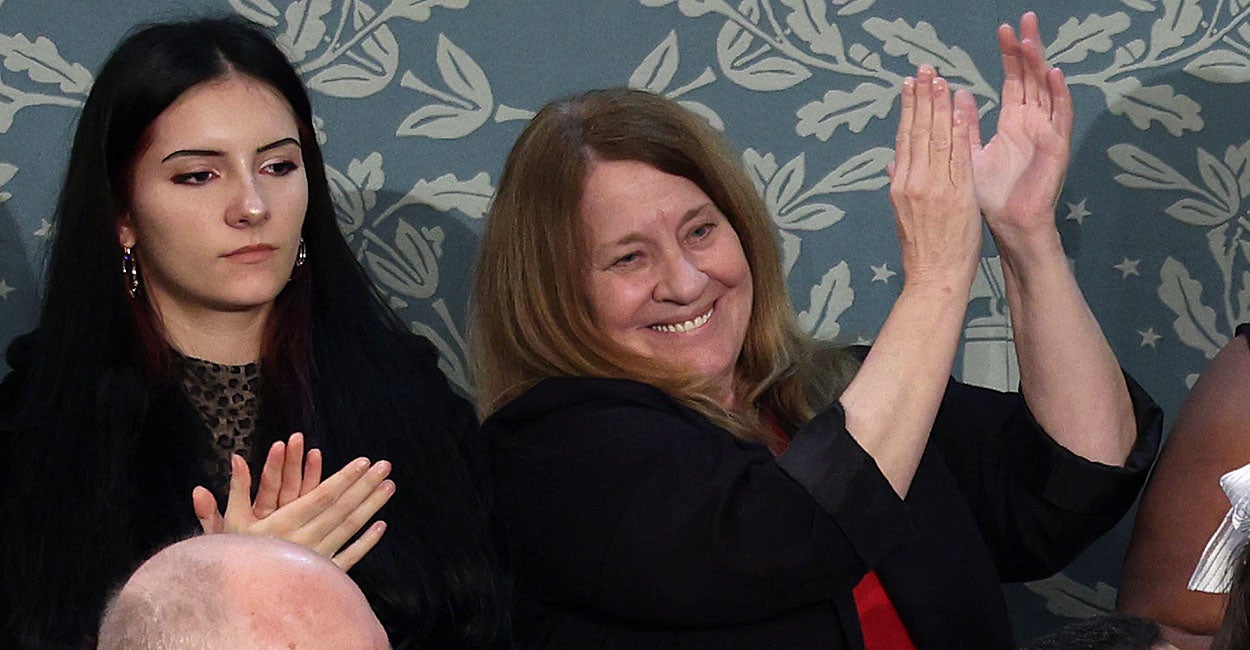The Best Advice I Received When I Learned I Was Having A Daughter

When my first child was born, a baby girl, I received a piece of advice I will never forget: “The boyfriend your daughter brings home one day will look a lot like you.”
Live Your Best Retirement
Fun • Funds • Fitness • Freedom
At first, I laughed it off. But then he added, “If you’re short-tempered, controlling, or dismissive toward her and her mother, don’t be surprised when that’s who she chooses. But if you’re gentle, strong, respectful, and loving, she’ll expect nothing less.”
That hit hard. Because it’s true. As fathers, we are the first model of masculinity our daughters ever know. We set the standard for how they’ll expect to be treated. We condition them — often without realizing it — to understand what love looks like, what respect feels like, and what kind of man deserves their heart.
Parenting books talk endlessly about rules, boundaries, and screen time. But the most powerful parenting happens in the quiet, unseen moments. The lessons that matter most aren’t the ones we preach, they’re the ones we live.
Our sons learn what it means to be a man by watching how we treat their mothers. Our daughters learn what to expect from men by watching how we treat them. Every “please,” every “thank you,” every small gesture of affection or apology adds up.
When I hold my wife’s hand, open the door for her, or compliment her in front of our kids, it’s not performative, it’s instructive. I’m teaching my sons that strength and tenderness aren’t opposites. I’m also teaching my daughter that she’s worthy of kindness, and respect, and that love is something that builds up and does not tear down.
That’s the heart of true masculinity, something our culture seems desperate to erase. Masculinity today is mocked, diluted, and too often confused with aggression or arrogance. But real masculinity isn’t about dominance — it’s about discipline, leadership, and sacrifice. It’s about taking responsibility even when it’s inconvenient. It’s about doing the hard thing when it would be easier to walk away.
And the first place our kids see that isn’t in a movie or on social media — it’s at home.
They’re watching us in the small moments: how we react when we’re tired, how we speak to our wives, how we handle stress or disagreement. Whether we know it or not, every day we’re shaping their definition of manhood, womanhood, and marriage.
And it turns out, there’s science to back it. A study by researchers at Durham University and two Polish institutions found that women who had very positive childhood relationships with their fathers were more likely to choose partners whose faces resembled their fathers’ facial features. The researchers discovered this correlation only when the father-daughter relationship was rated high in positivity; when the relationship was weak or strained, the effect disappeared.
A 2009 study by Hall and Scott, “Paternal Influences on Daughters’ Heterosexual Relationship Socialization” also found that a father’s presence — or absence — shapes his daughter’s attitudes toward intimacy and commitment. The way a dad engages his daughter in conversation, affection, and conflict resolution leaves a lasting imprint on how she approaches romantic relationships as an adult.
In short, the data backs up what fathers have known instinctively for generations: how we treat our daughters, and how we treat their mothers, echoes into their future relationships. Our behavior becomes their blueprint.
That’s why the health of your marriage is an essential part of your parenting. Kids don’t just need parents who are present — they need parents who are present to each other. They need to see affection, laughter, prayer, teamwork, and even conflict — and how to resolve it with grace.
When children see Mom and Dad treating one another with respect, they’re learning what partnership looks like. When they see parents who can disagree without demeaning each other, they’re learning how to handle conflict in their own relationships. When they see Mom and Dad share a kiss in the kitchen, flirt a little, or laugh at each other’s jokes, they’re learning that love is something worth celebrating, not hiding.
Our marriage isn’t perfect. None are. My wife and I have had our share of hard conversations, silent car rides, and long nights trying to figure things out. But that’s okay. Kids shouldn’t see a flawless marriage — they should see a faithful one. They should know that love doesn’t mean the absence of struggle; it means the presence of commitment.
When they watch us work through problems without tearing each other down, they learn something sacred: that love isn’t a feeling that fades when it’s tested — it’s a decision that deepens when it’s challenged.
In Ephesians 5:25, the Apostle Paul writes, “Husbands, love your wives, just as Christ loved the church and gave himself up for her.” That’s not a suggestion — it’s a command. It means love costs something. It means choosing humility over pride, patience over irritation, service over selfishness. When a father lives that way, he’s not just leading his family — he’s forming the moral compass of the next generation.
I’ve come to believe one of the greatest gifts a man can give his children is to love their mother well. A daughter who grows up seeing her father treat her mom with affection and respect will never mistake manipulation for love. A son who watches his dad pray with his mom, comfort her when she’s hurting, and apologize when he’s wrong will grow into a man capable of doing the same.
There’s a famous saying I love: “More is caught than taught.” It’s true. The words we say about faith, family, and respect don’t mean much if they aren’t backed up by the way we live.
When my daughter sees me pray with her mother, she learns that faith is the foundation of our home. When she sees me hold the door for her mom, she learns that chivalry isn’t outdated — it’s daily. When she sees me mess up and come back to apologize, she learns that real strength includes humility.
And when she sees me fail — and she will — but sees me keep showing up, keep trying, keep loving, she learns that grace is stronger than perfection.
Someday, she’ll walk into a restaurant with a young man, and without realizing it, she’ll compare him to me. She’ll notice how he talks to the waitress, how he reacts when something goes wrong, how he treats her when she disagrees with him.
That’s when the years of quiet, consistent example will bear fruit. That’s when the invisible lessons will become visible.
So, when I think about being a better parent, I don’t just think about bedtime stories or ball games. I think about marriage. Because our home is a living classroom, and our marriage is the curriculum.
If we want to raise strong, grounded, faith-filled kids, we have to start with ourselves.
The next time your kid asks what love looks like, show them.
* * *
Gates Garcia is the host of the YouTube show and podcast We The People. Follow him on IG and X @GatesGarciaFL
The views expressed in this piece are those of the author and do not necessarily represent those of The Daily Wire.
Join us now during our exclusive Deal of the Decade. Get everything for $7 a month. Not as fans. As fighters. Go to DailyWire.com/Subscribe to join now.
Originally Published at Daily Wire, Daily Signal, or The Blaze
What's Your Reaction?
 Like
0
Like
0
 Dislike
0
Dislike
0
 Love
0
Love
0
 Funny
0
Funny
0
 Angry
0
Angry
0
 Sad
0
Sad
0
 Wow
0
Wow
0














































































